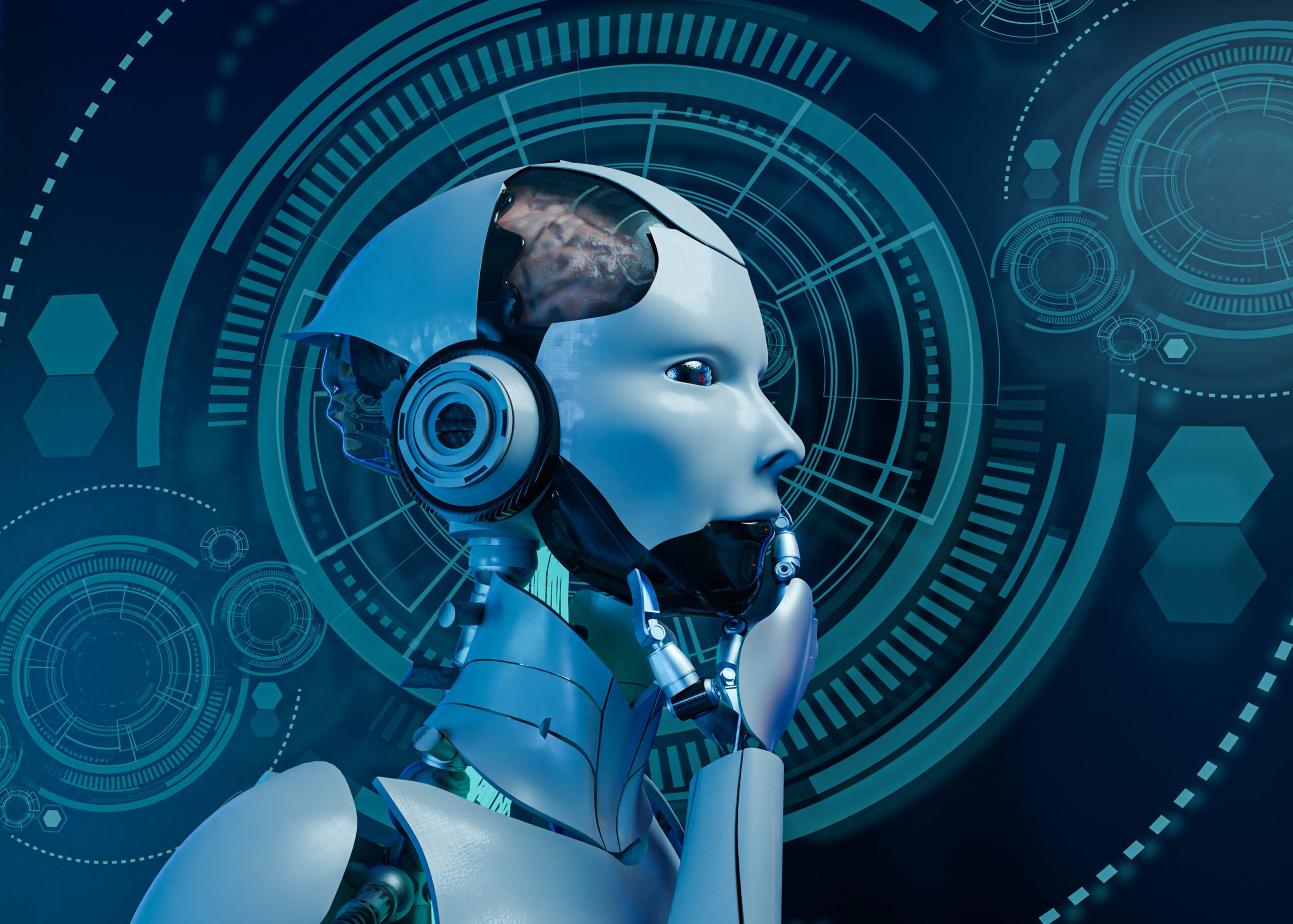The Rise of Artificial Intelligence: Opportunities and Challenges

Artificial Intelligence (AI) is transforming industries, reshaping economies, and redefining the way we interact with technology. From automating repetitive tasks to making critical decisions in healthcare and finance, AI is opening new doors for innovation and efficiency. However, with great power comes great responsibility—AI also brings ethical concerns, privacy issues, and the potential for job displacement. In this blog, we will explore the rise of AI, the opportunities it presents, and the challenges that must be addressed.
1. Understanding Artificial Intelligence
Artificial Intelligence refers to the development of computer systems capable of performing tasks that typically require human intelligence, such as problem-solving, learning, perception, and decision-making.
Key Components of AI:
- Machine Learning (ML): Algorithms that allow computers to learn from data and improve performance over time.
- Natural Language Processing (NLP): AI’s ability to understand, interpret, and generate human language (e.g., chatbots, voice assistants).
- Computer Vision: The ability of AI to interpret and analyze visual information from the world (e.g., facial recognition, autonomous vehicles).
- Deep Learning: A subset of ML that uses neural networks to process complex data and recognize patterns (e.g., AI-powered medical diagnostics).
2. Opportunities Created by AI
AI is driving progress across industries, enhancing efficiency, and unlocking new possibilities for businesses and individuals alike.
a) AI in Healthcare
- AI-powered diagnostic tools detect diseases like cancer and heart conditions with high accuracy.
- Machine learning models assist in drug discovery and personalized medicine.
- AI chatbots and virtual assistants provide instant medical guidance and support.
b) AI in Business and Finance
- AI-driven analytics enhance decision-making by processing vast amounts of data in real time.
- Fraud detection systems identify suspicious transactions and prevent cyber threats.
- Automated trading platforms use AI to optimize stock market investments.
c) AI in Education
- AI-powered personalized learning platforms adapt to individual student needs.
- Virtual tutors and AI-based grading systems assist educators and improve learning outcomes.
- AI automates administrative tasks, allowing educators to focus on teaching.
d) AI in Manufacturing and Automation
- Robotics powered by AI streamline production processes and improve efficiency.
- Predictive maintenance minimizes equipment failures and reduces downtime.
- AI-driven quality control enhances product consistency and reliability.
e) AI in Transportation and Smart Cities
- Self-driving cars use AI to navigate roads and improve traffic safety.
- AI optimizes traffic flow, reducing congestion and emissions in urban areas.
- Smart city initiatives leverage AI to enhance public services and energy management.
f) AI in Entertainment and Media
- Streaming platforms like Netflix and Spotify use AI to recommend personalized content.
- AI-generated content, including news articles and music, is revolutionizing media creation.
- AI-powered image and video recognition enhance security and user experiences.
3. Challenges and Ethical Concerns of AI
Despite its benefits, AI presents several challenges that must be carefully managed.
a) Data Privacy and Security
- AI systems rely on vast amounts of data, raising concerns about data security and misuse.
- Companies must implement strong encryption and compliance measures to protect user information.
b) Job Displacement and Workforce Changes
- Automation and AI-driven processes may replace jobs in industries such as manufacturing and customer service.
- Workforce reskilling and upskilling initiatives are essential to adapt to AI-driven job markets.
c) Bias and Fairness in AI
- AI models can inherit biases from training data, leading to unfair outcomes.
- Developers must ensure AI systems are trained on diverse, representative datasets to promote fairness.
d) Ethical Decision-Making and Accountability
- AI-powered decision-making in areas like healthcare and law enforcement raises ethical concerns.
- Transparency and accountability frameworks are needed to ensure responsible AI use.
e) AI Regulations and Governance
- Governments and organizations must establish policies to regulate AI applications and prevent misuse.
- International cooperation is necessary to create ethical AI standards and guidelines.
4. The Future of AI: What Lies Ahead?
As AI continues to evolve, new trends and advancements will shape its impact on society.
a) Explainable AI (XAI)
- AI systems that provide transparent reasoning for their decisions will improve trust and adoption.
- Explainable AI will be crucial in high-stakes applications such as healthcare and finance.
b) AI and the Internet of Things (IoT)
- AI-powered IoT devices will enable smarter homes, workplaces, and cities.
- Enhanced connectivity and real-time data analysis will drive innovation across industries.
c) AI and Quantum Computing
- Quantum computing will accelerate AI capabilities by solving complex problems faster.
- AI-driven quantum algorithms will unlock new possibilities in cryptography, materials science, and medicine.
d) AI for Sustainability
- AI applications will optimize energy consumption and promote eco-friendly practices.
- Predictive analytics will help combat climate change by improving resource management.
Conclusion
Artificial Intelligence is reshaping the world, offering groundbreaking opportunities across industries while posing significant challenges that demand ethical considerations and regulatory oversight. As AI continues to evolve, it is essential for businesses, policymakers, and individuals to embrace innovation responsibly and address AI’s ethical, economic, and societal implications.
By harnessing the power of AI responsibly, we can create a future where technology enhances human potential and drives positive change. What are your thoughts on AI’s opportunities and challenges? Share your views in the comments below!



